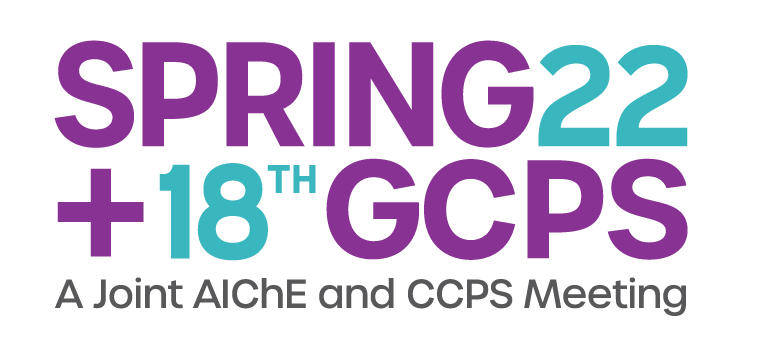

In this work, we have measured the extent of SHR underestimation for both liquid and solid samples. ARC experiments were designed to compare the measured SHR with actual SHR for situations expected to have zero, moderate and high SHR values. Further, simulations of conjugate heat transfer coupled with chemical reaction have been used to model the spatio-temporal temperature profile inside an ARC sphere under a variety of operating modes. Learnings from such simulations were used to identify and propose strategies to minimize underestimation of reaction hazards. Lastly, attempts have been made to validate such strategies through calorimetric testing.
The importance of precisely measuring thermal hazards of chemical reactions cannot be overstated. Additionally, many violent chemical reactions tend to occur in solid-phase (e.g., powdery azo- and nitro-containing compounds), the latter possessing the tendency to build up significant temperature gradients during testing in an un-stirred ARC given the low bulk thermal conductivity of powdery samples. Incidents in the recent past, including the tragic 2020 explosion in Beirut point to the necessity of accurately estimating exothermic SHR occurring in solid and high-viscosity liquid phases. We hope that the findings presented here-in serve to catalyze further research into this area and ensure accuracy of thermokinetics data to prevent incidents that may arise from underestimation of hazards.
Presenter(s)
Language
Pricing
Individuals
| AIChE Member Credits | 0.5 |
| AIChE Pro Members | $19.00 |
| Employees of CCPS Member Companies | Free |
| AIChE Graduate Student Members | Free |
| AIChE Undergraduate Student Members | Free |
| AIChE Explorer Members | $29.00 |
| Non-Members | $29.00 |
